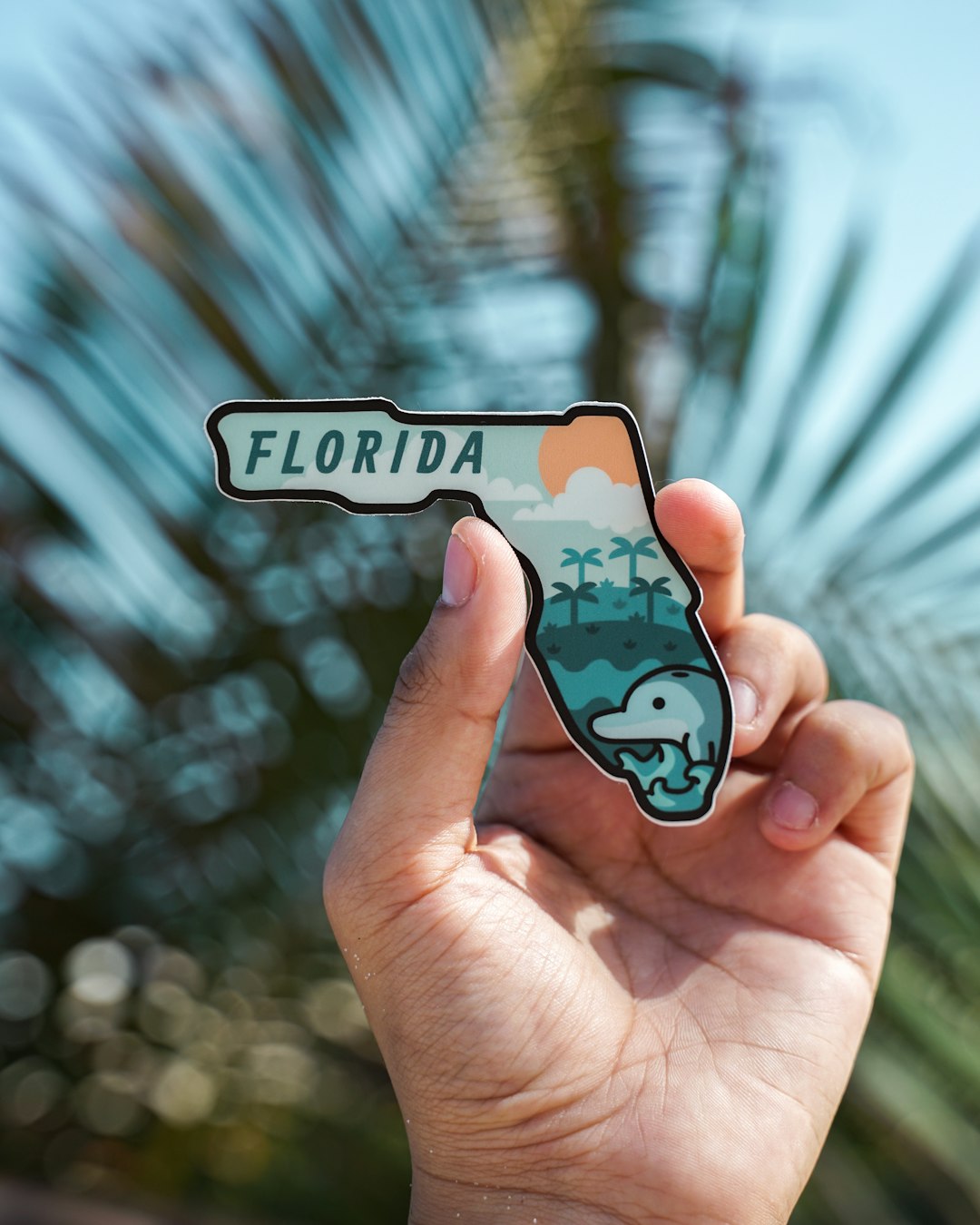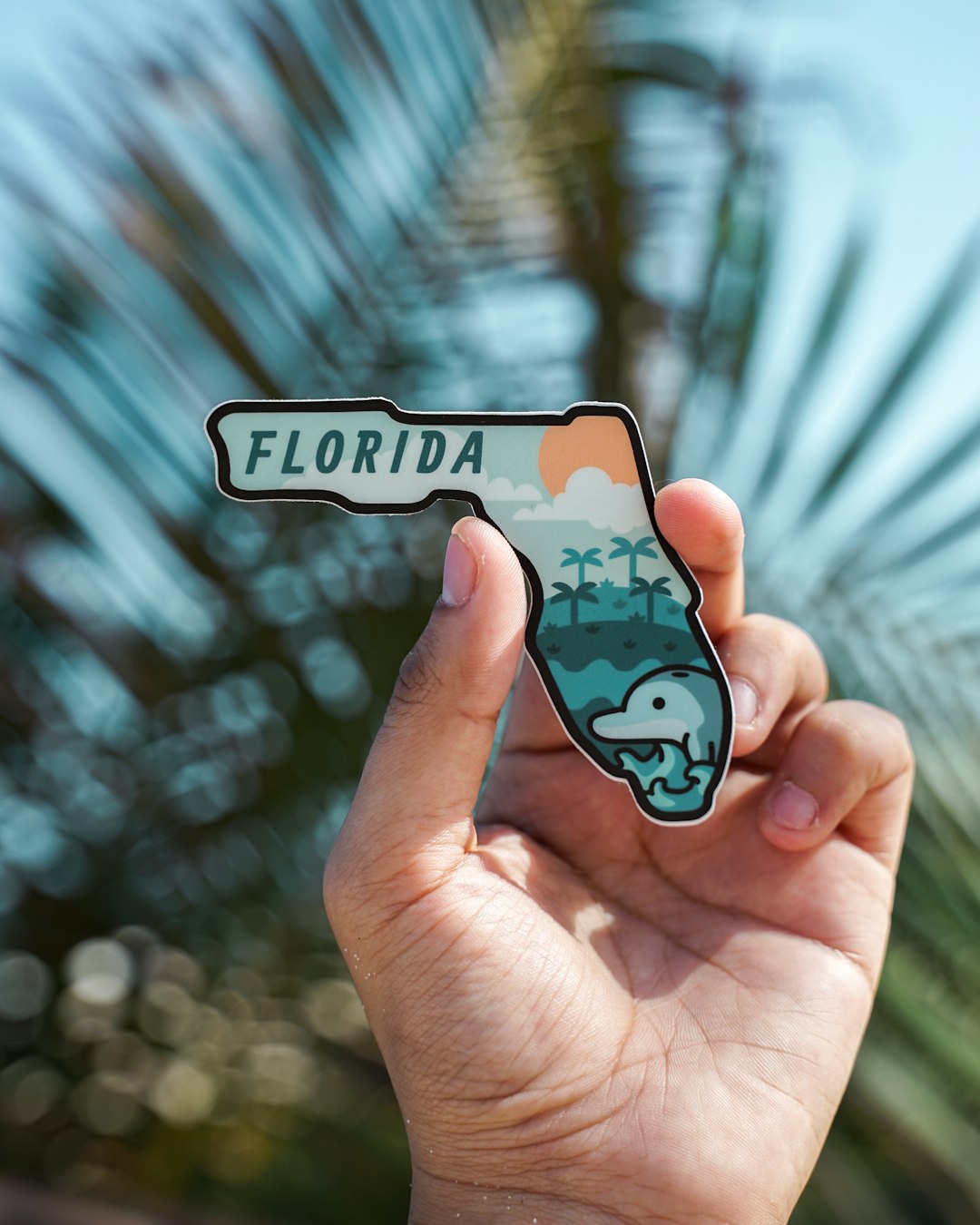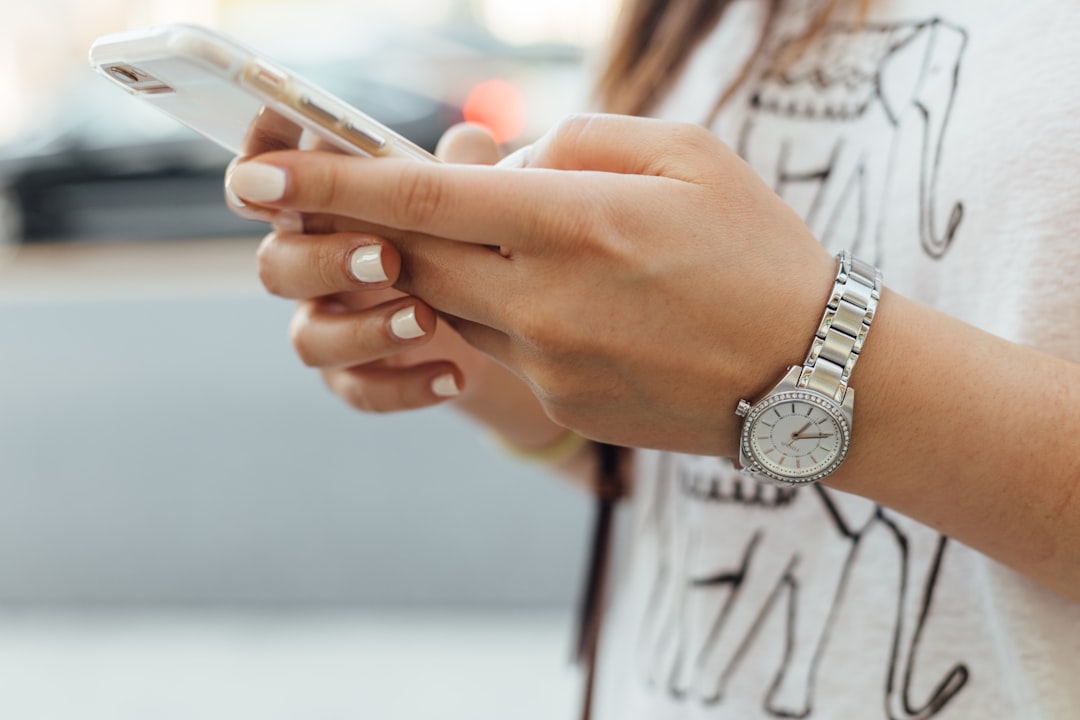Autodialer adoption in Florida's hospitality industry requires adherence to strict legal guidelines, particularly the Telephone Consumer Protection Act (TCPA). Hotels and resorts should engage autodialer lawyers Florida to ensure compliance with TCPA restrictions on telemarketing and consumer privacy. These experts can craft compliant marketing strategies, focusing on explicit customer consent, data privacy, and opt-out mechanisms to avoid legal penalties and reputational damage. Following best practices ensures effective autodialer utilization while navigating Florida's complex legal landscape.
In the dynamic landscape of hospitality marketing, autodialers have emerged as powerful tools for engaging customers. However, their usage in Florida comes with intricate legal considerations. This article explores the legal framework governing autodialers in the Sunshine State, focusing on privacy, consent, and best practices. With an emphasis on adhering to stringent regulations, hospitality businesses can leverage autodialer technologies effectively while mitigating risks, ensuring compliance with Florida’s laws, and the guidance of experienced autodialer lawyers.
Understanding Autodialers and Their Role in Hospitality Marketing

Autodialers, also known as automated telephone dialing systems, have become powerful tools in the marketing arsenal of Florida’s hospitality sector. These technologies enable businesses to quickly and efficiently reach a large number of potential customers through automated phone calls, text messages, or even voice recordings. In today’s digital age, where customer engagement is key, autodialers offer a direct line of communication, fostering brand awareness and driving bookings.
Hospitality marketers leverage autodialers for various purposes, including promoting special offers, sending reminders, or gathering customer feedback. However, with great marketing power comes legal considerations. Florida’s laws regarding telemarketing and consumer privacy must be strictly adhered to by businesses using autodialers. Engaging the services of experienced autodialer lawyers in Florida is crucial to ensure compliance and protect against potential legal repercussions.
Legal Framework Governing Autodialers in Florida

In Florida, the legal framework governing the use of autodialers is primarily outlined in the Telephone Consumer Protection Act (TCPA). This federal law restricts the use of automated dialing systems for telemarketing purposes, ensuring consumer privacy and consent. Hotels, resorts, and other businesses in Florida’s hospitality sector must adhere to these regulations when employing autodialers for marketing or communication with customers.
The TCPA allows automated calls only if the recipient has provided explicit consent. This means that hospitality businesses using autodialers need to have clear and concise opt-in processes. Additionally, the Florida Attorney General’s Office plays a crucial role in enforcing these regulations, providing guidance and ensuring compliance among companies utilizing autodialer technology. Working with experienced autodialer lawyers in Florida is essential for businesses to navigate this legal landscape effectively and avoid potential penalties.
Key Privacy and Consent Issues for Hospitality Businesses

In Florida, as in many states, the use of autodialers for marketing or communication purposes raises significant privacy and consent issues. Hospitality businesses that employ autodialers to reach customers with promotional offers or service updates must navigate a complex web of regulations designed to protect individual privacy. Key considerations include obtaining explicit consent from recipients before making automated calls, ensuring call content is not misleading, and adhering to strict rules regarding the timing and frequency of calls.
Autodialer lawyers in Florida can help hospitality businesses craft effective yet compliant marketing strategies. These legal experts are well-versed in interpreting state and federal laws, such as the Telephone Consumer Protection Act (TCPA), which governs automated calling practices. By consulting with an autodialer lawyer, businesses can implement best practices for data collection, storage, and use, thereby minimizing the risk of costly legal repercussions or damage to their reputation.
Best Practices and Recommendations for Using Autodialers Legally

When utilizing autodialers in Florida’s hospitality sector, adhering to best practices is paramount to ensuring legal compliance and avoiding potential pitfalls. Engage the services of experienced autodialer lawyers Florida to guide your implementation process. These experts can help tailor your approach to align with state regulations, specifically targeting consumer protection laws and telemarketing guidelines. Prioritize obtaining explicit consent from customers before initiating automated calls, ensuring comprehensive data privacy measures are in place to safeguard personal information.
Implement robust opt-out mechanisms during each communication, allowing recipients to easily discontinue receiving calls. Regularly review and update your autodialer scripts to prevent any misleading or deceptive language. Maintain detailed records of customer interactions, including consent forms and call logs. This documentation becomes crucial should any legal questions arise. By following these recommendations, hospitality businesses can leverage autodialers effectively while navigating Florida’s legal landscape with confidence.






